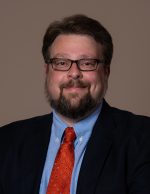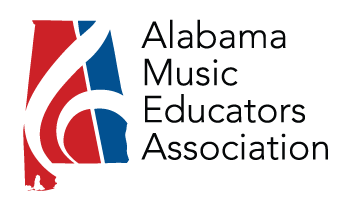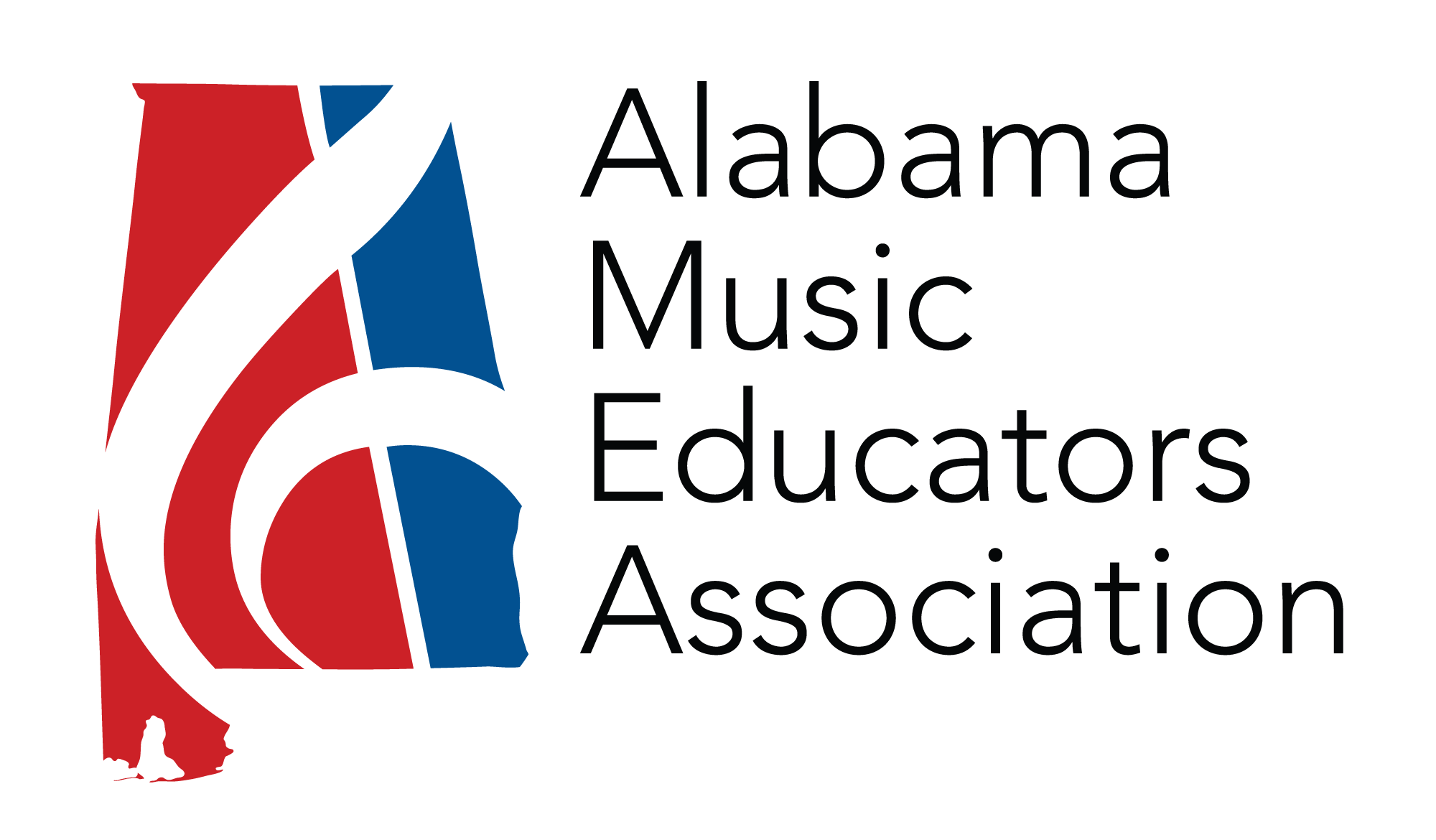 If I’m completely honest, I’ve had a difficult time thinking of what this article should cover. In normal years, this article would cover the great successes of our conference. We would all glow about the fantastic performances, the thought-provoking sessions, and the time shared with like-minded colleagues. However, this year is different. We are not left with fond memories, but merely our wonderings of what could’ve been.
If I’m completely honest, I’ve had a difficult time thinking of what this article should cover. In normal years, this article would cover the great successes of our conference. We would all glow about the fantastic performances, the thought-provoking sessions, and the time shared with like-minded colleagues. However, this year is different. We are not left with fond memories, but merely our wonderings of what could’ve been.
Many of you know that I enjoy spending my limited free time in library archives researching the past. Learning about the past always gives me great comfort and clarity. I visited the Auburn University Archives the Sunday after we decided to cancel the conference to examine the Ala Breve from the early years of our Association. While there wasn’t a full set of every volume of the Ala Breve, I did gain an appreciation and perspective from our past.
The very first issue of Ala. breve (original spelling) was published in November 1955. The president of AMEA was Lamar Triplett. I will be honest; I was taken aback when I saw the first president’s column in the Ala. breve. You see, I have heard many stories about Mr. Triplett because Mr. Triplett was my Dad’s junior high school band director. Actually, Mr. Triplett is one of the people who encouraged my Dad to become a music educator. It was also Mr. Triplett who encouraged AMEA to host a conference. “To knit our organization closer, reach all phases of music education, a meeting of all music educator personnel, elementary through college level, with clinics for all levels, performing groups at all levels, and panels for discussion of all our mutual problems, would greatly increase our understanding of each other, and give administrators a better understanding of our values in the teaching of music and most of all the relationship of music to the overall educational curriculum in the state” (Triplett, 1956, p. 1).
During the early years of AMEA, the conference was held in conjunction with All-State. In fact, All-State was held for all the divisions during the same three days in March at the University of Alabama. All-State was the cornerstone of the AMEA conference. During the conference, there were meetings and clinics for all divisions and a Friday evening banquet with a dinner and dancing. Don’t worry – I’m not suggesting we bring back the Friday night dancing!
I continued thumbing through the old issues of Ala. breve. I smiled at the many pictures and columns from music education legends in AMEA’s history. I loved seeing pictures of Dr. Ed Cleino and Dr. Lacey Powell in their early years; they were both so kind to me as an early career music teacher. I laughed at the many impassioned pleas from the membership chairperson for people to join AMEA and MENC. It was fascinating to learn about the early stages and implementation of hosting the first conference. It’s important to note that AMEA existed for almost 8-10 years before a conference was hosted.
Sadly, the archives do not have a complete set of the Ala Breve. I also checked other university’s holdings – no university has a complete set of the Ala Breve. If you have issues of the Ala Breve from the 1960s-1990s, we would love to scan them and place them on AMEA’s new website that will launch this summer.
My journey into our Association’s past ended with the April 1960 issue. Of course, we can view the last 19 years of Ala Breve on the AMEA website. However, I would have loved to see more from the 60s-90s. I had more questions to be answered. I wanted to know when Ala. breve became Ala Breve. How did the Association handle canceling the conference in the early 90s? I would have loved to see the growth of our conference over the decades.
Although we often refer to AMEA as the three-day conference we attend in January, AMEA is more than just a conference. For me, AMEA is a collection of hard-working music educators, devoted music education supporters and advocates, and students eager to make music. AMEA is an organization made up of people. I agree with an editorial published in the second issue of the Ala. breve, “Clearly the only objective of A.M.E.A. is to advance the cause of music education through a cooperative organization of musicians and music educators…Come on in. We can rise to such lofty heights and make such beautiful music…TOGETHER”. (Ala breve, 1956, p. 5). For me, AMEA has always been about the people. I’m often asked why people should join AMEA and NAfME and my response has always stayed the same – the people. My life has been enriched because of the people I have met as a musician and music educator.
It would be disingenuous for me not to use this President’s Column to recognize the fabulous work our people have been doing. Even though we didn’t have a conference, so much work went into planning the conference. The AMEA staff – Dr. Rusty Logan, Garry Taylor, Pat Stegall, and David Raney completed countless hours of work before the decision was made to cancel the conference. In addition, they all have done countless hours of work after the decision was made to cancel the conference. In addition, Joey Harbison has been invaluable with our industry members and helping Rusty with the exhibitors. AMEA would not be as strong of an Association without our hardworking staff! Thank you, Rusty, Garry, Pat, and David for your dedication to AMEA.
I hope you will all take a moment to thank your division presidents. They spent hours planning a fantastic conference for all of you. They had to witness countless dreams and plans dissipate with one board motion and vote. Many of them have also had to deal with the herculean task of rescheduling All-States, honor groups, and performing ensembles to ensure the students still receive the benefit of AMEA performances. Thank you, Lori, Joe, Hilen, Alicia, Meghan, Carly, and Sarah for serving your divisions and AMEA with integrity.
In addition, Heather Holmes served all of us with grace and a calming presence. Thank you, Heather, for your gentle spirit, perspective, and kindness during this time.
I have been blessed to be friends with our President-elect for over 25 years. Phil has provided me with perspective, guidance, and friendship that is immeasurable. Thank you, Phil, for being the calm and reassuring voice throughout this experience. I am blessed by your friendship, and I know AMEA will be blessed by your leadership.
I want to thank all of you for your patience and understanding as we had to make difficult decisions and deal with the ramifications of our decisions. I’m thankful for the many calls, texts, and messages of support for the AMEA Board. Thank you to our clinicians who prepared fantastic sessions for all of us. Most of all, thank you to our directors and students who were set to perform at the conference. I know what a disappointment canceling the conference was for all of you, however, I have been so encouraged by your individual communities’ support. It has brought me great joy to see “AMEA Conference” concerts happening throughout our state. As I said earlier, AMEA is more than a conference – you brought AMEA to the people of Alabama. Thank you for ensuring that the music of the AMEA conference still happened.
Earlier, I said my Ala Breve archive hunt ended in 1960, but that’s not entirely true. While the archives did end in 1960, they picked back up in March of 2001. As I thumbed through the March 2001 issue of Ala Breve I saw a familiar face – mine. There on page 10, was a fresh-faced student teacher that had their final article as the cMENC state president. As I sat and stared at my picture in the Ala Breve, I couldn’t help but be humbled and grateful that I am part of this incredible organization. Although I may have some age on me and a lot of music-teaching battle scars, my words from 2001 still ring true in 2024.
“I am very appreciative and feel fortunate to have served you as President this year. You all have allowed me to spread my wings and see the music education world from a different perspective. I look forward to joining what I feel is the most noble profession, teaching. On top of that, teaching music. Through music, we have the opportunity to teach children how to create something intimate and self-rewarding. We must always look for ways to move on and ever upward towards excellence. Never settle for just sliding by, and never give up!” (Lyda, 2001, p. 10).
We must remember that AMEA is more than a conference. AMEA is an organization of impassioned people. We are people who work each day to provide and ensure the children of Alabama have access to music education. TOGETHER we can change the lives of students through the power of music. I’m eternally grateful for you and your work in our state. Thank you, friends, for allowing me to be part of AMEA’s journey in the past, the present, and into the future.

 When I taught band one of the most common questions I heard during the Spring semester was, “What’s the band doing now that marching season is over.” No mater how many times I was asked the question above, I was still taken aback. “What do you mean what is the band doing now that marching season is over?” The tone of my voice gave away my irritation. “Band is a year-round activity.” Then I would fill in the blanks with a litany of activities that the entire band and individual students participate in throughout the spring.
When I taught band one of the most common questions I heard during the Spring semester was, “What’s the band doing now that marching season is over.” No mater how many times I was asked the question above, I was still taken aback. “What do you mean what is the band doing now that marching season is over?” The tone of my voice gave away my irritation. “Band is a year-round activity.” Then I would fill in the blanks with a litany of activities that the entire band and individual students participate in throughout the spring.
